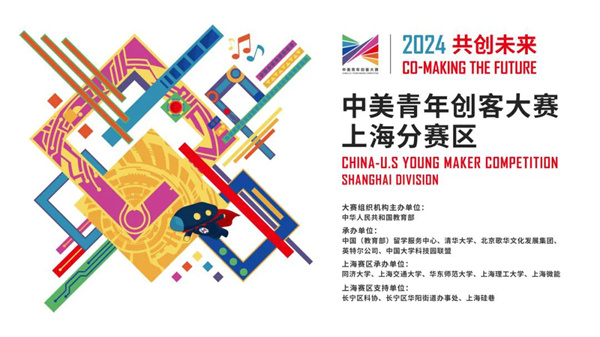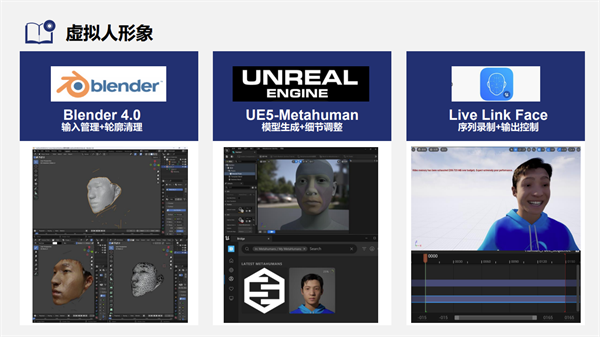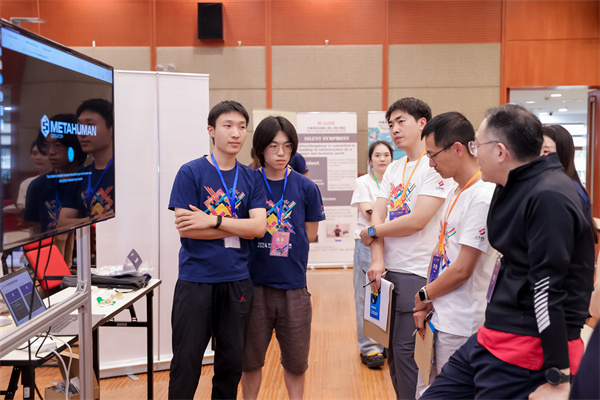A team consisting of five undergraduate students from the University of Michigan-Shanghai Jiao Tong University Joint Institute (UM-SJTU JI, JI hereafter) was awarded the third prize in the recently ended 2024 China-U.S. Young Maker Competition Shanghai Division for their project Elderly Care and Health Companion System. The five JI students who are all sophomores enrolled in 2022, including Hantian Shi, Yang Ruikai, Rui Wang, Wentao He, and Qianhui Zheng, joined the grand final of the Shanghai competition on July 12 after their project won the first prize in the internal selection competition of SJTU.


Construction of the virtual human image of the Elderly Care and Health Companion System
The system developed by the team is based on platforms like Unreal Engine and large language models, combined with sensor devices such as depth cameras. The project primarily features a 3D virtual human, voice dialogue based on large language models, and interactive somatosensory games. By leveraging forward-looking digital technology, it aims to improve home care conditions for the elderly, enhance societal well-being, foster sustainable communities, and create an innovative project with both social significance and industrial value.

JI team present their project during the final of the competition.
